The list of banned books is growing fast and the negative effects of banning books are mostly felt by young people since their minds are always developing. Having access to all kinds of information teaches them how to think for themselves and be open to other people’s opinions. It also allows them to make their own well informed and thoughtful decisions. And that is the whole point of our education system.
Books are an important part of education and life. From whimsical fairy tales to the harsh truths of reality, books hold them all. If we allow people to ban books about some topics or issues, what’s to stop them from banning any book for any reason?
In the 1930s the Nazis carried out book burnings in 34 university towns to remove books that they claimed were un-German. This was the Nazi’s way of controlling what was being read by the people of Germany. And it’s no different than banning books in our society. If we let people ban books from our schools where will it end?
Students should have access to all books and they should have the right to choose for themselves what they want to read. Not only are books educational, but they can also help students find ways to deal with their problems. There may be a book that has themes about depression that may resonate with a student and possibly help the student ask for help. For example, “Thirteen Reasons Why,” which is a banned book in some states, deals with teenage suicide. If students are exposed to books like this one it can lead to an open discussion in school that can literally save lives.
Like “Thirteen Reasons Why,” most books that are banned are about sensitive or uncomfortable topics that some people don’t want being taught. The graphic novel “Maus” and the book “All Boys Aren’t Blue” have been banned in some schools because they contain what some people consider inappropriate language or subject matter. However, these books have a deeper meaning in them. For example, “Maus” is about the tragedy of the Holocaust survivors and their children and it is supposed to be the author sharing the story of his father living through everything.
Luckily, even when books are banned students today can probably find the banned books on their own. Specifically, the internet can be a useful tool for finding ways to read said books or to advocate for them. And, ironically, usually when a book is banned, word spreads through the internet and it gains increased sales and notoriety.
However, while the internet can be a potent tool to fight bans it is also important to remember that it can just as easily be for the opposite. It’s a way for individuals and groups that seek to ban books to get their message to millions of people.
Those in support of book bans may say that banning books is for the sake of the children’s education, however doing so does exactly the opposite. It limits different thoughts and ideas and prevents kids from truly seeing different viewpoints. Students’ access to banned books is essential for them to learn about themselves and the world. They are an important part of life and removing that in any capacity is detrimental.
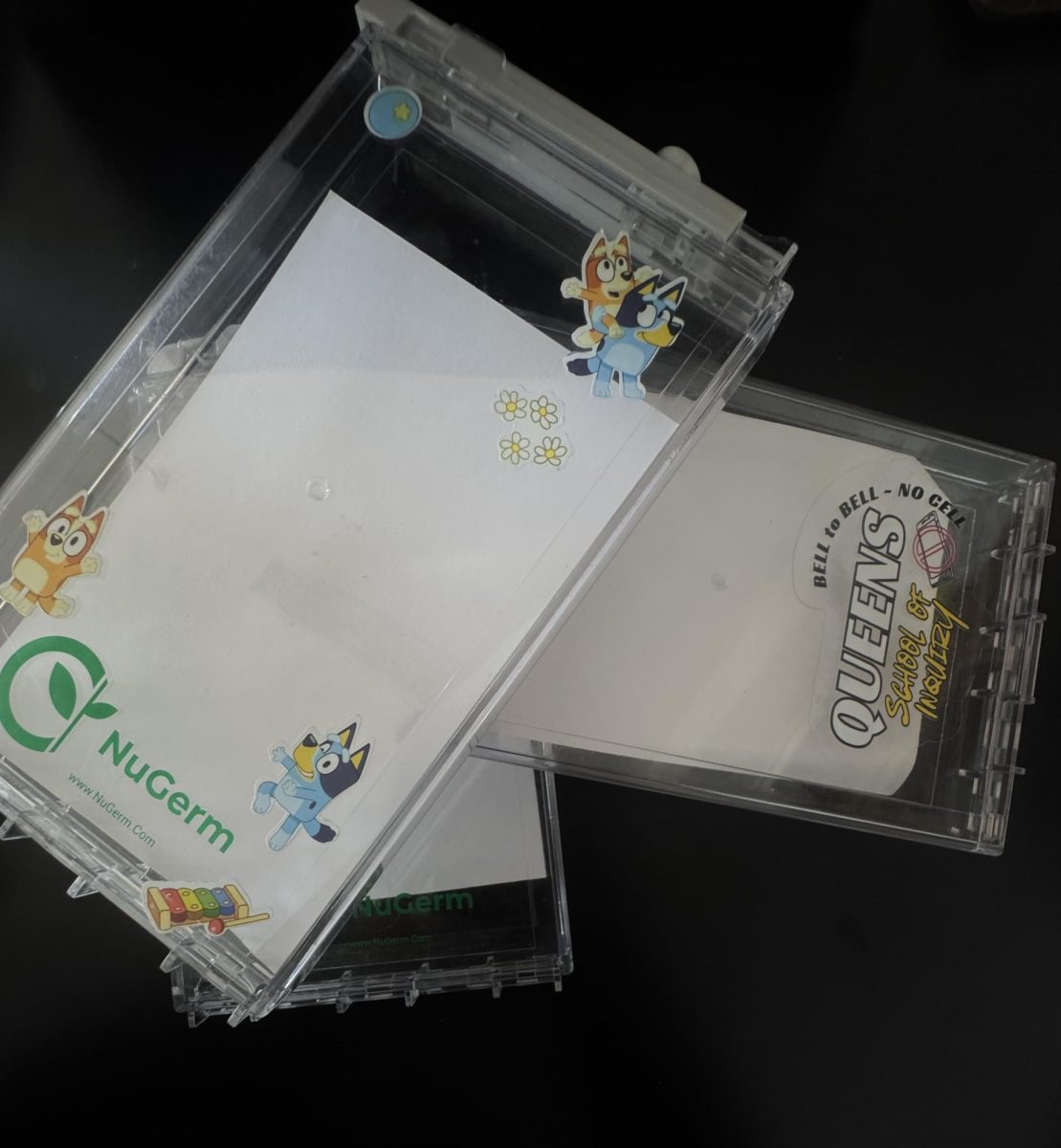
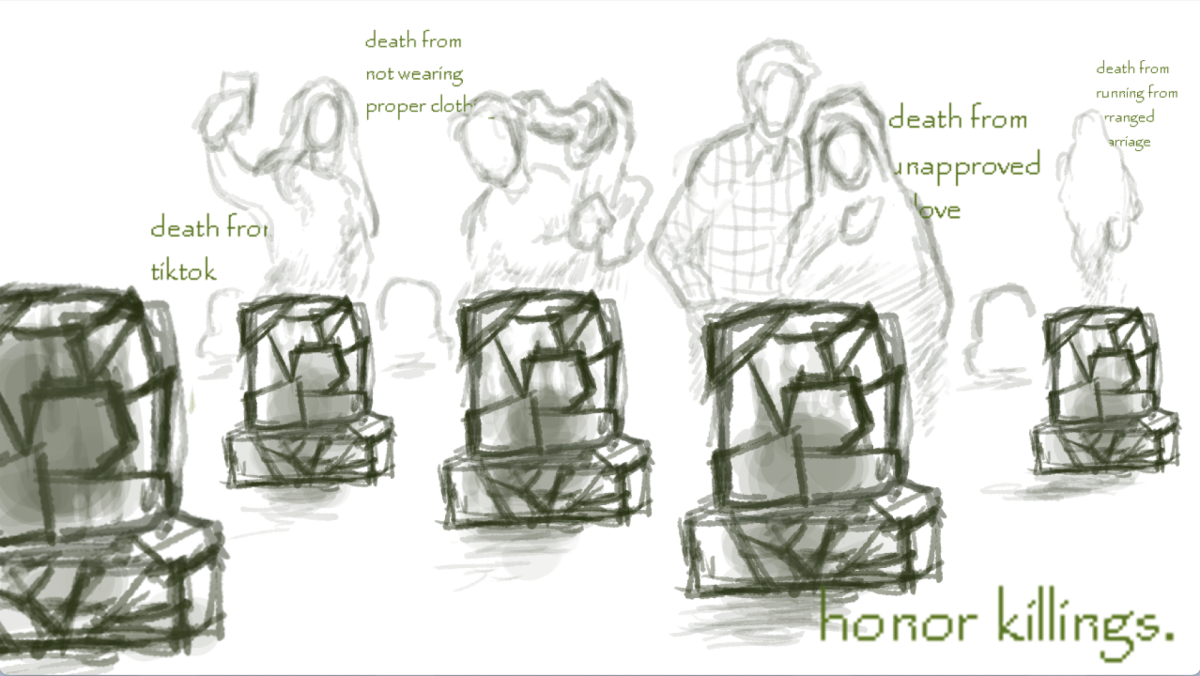
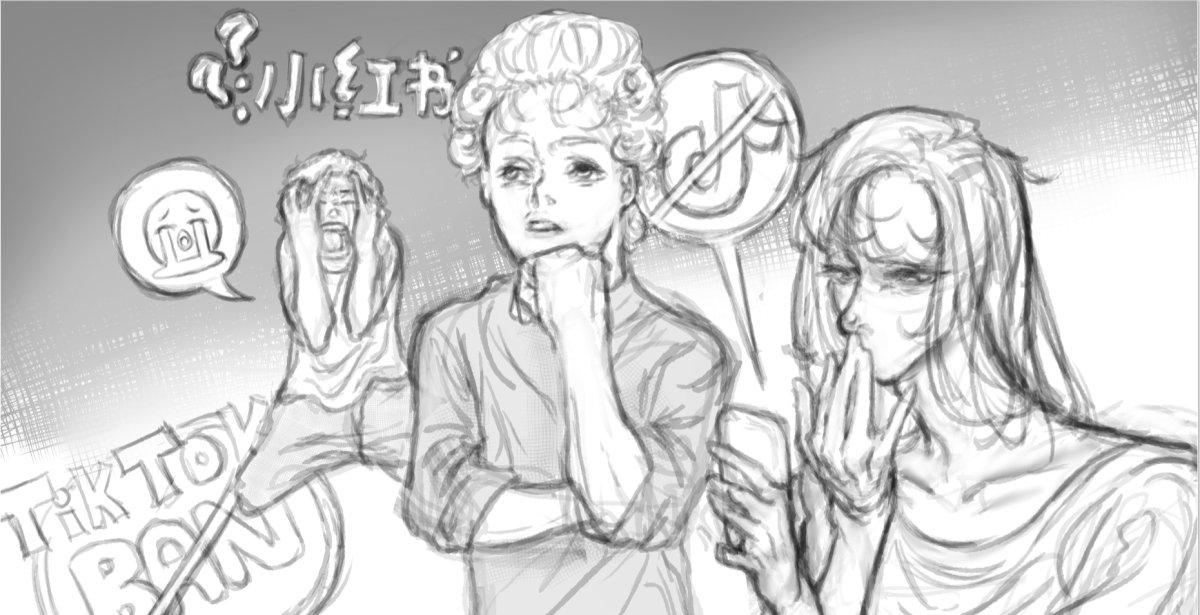


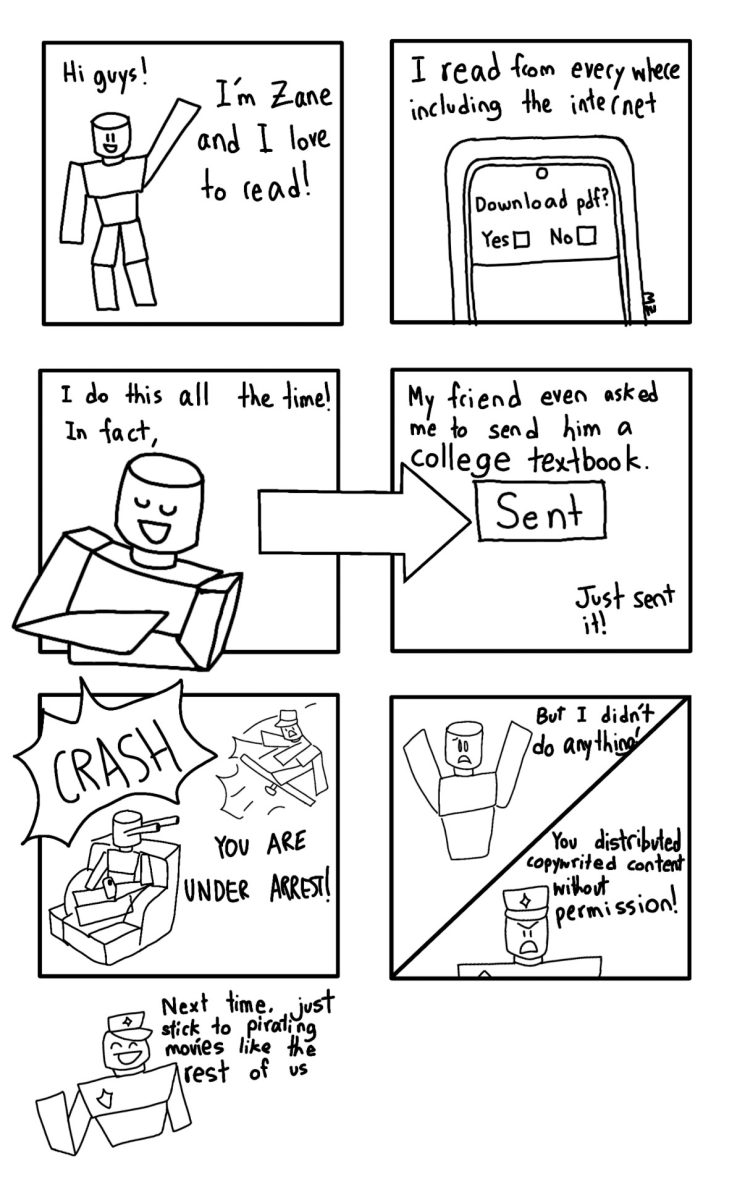

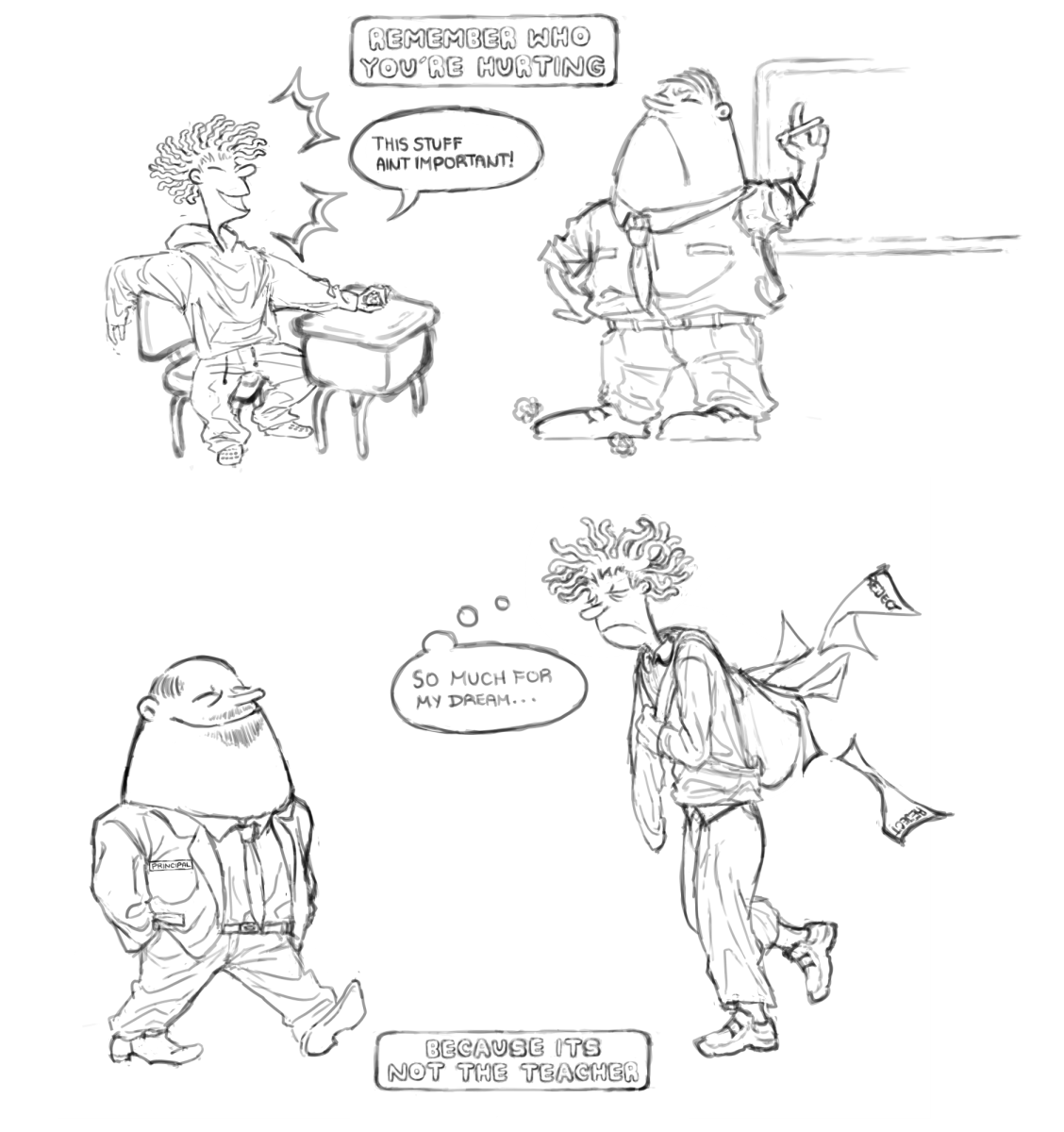
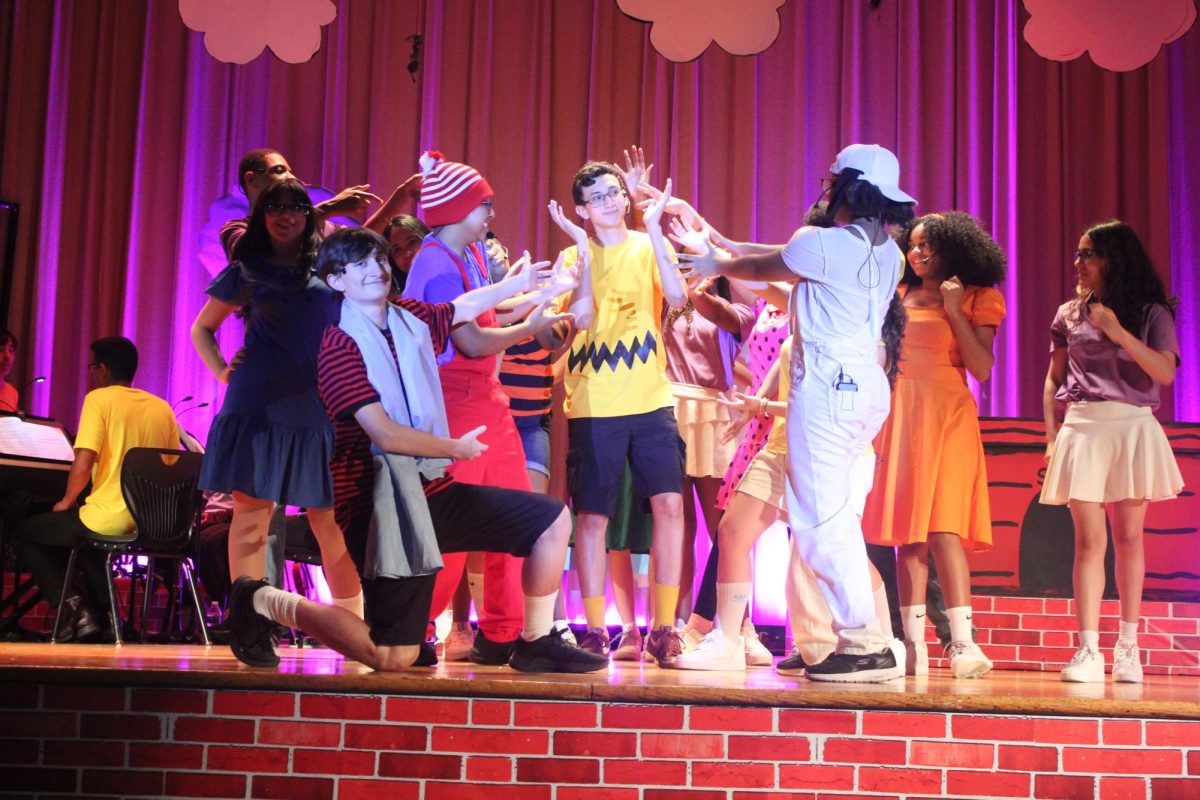





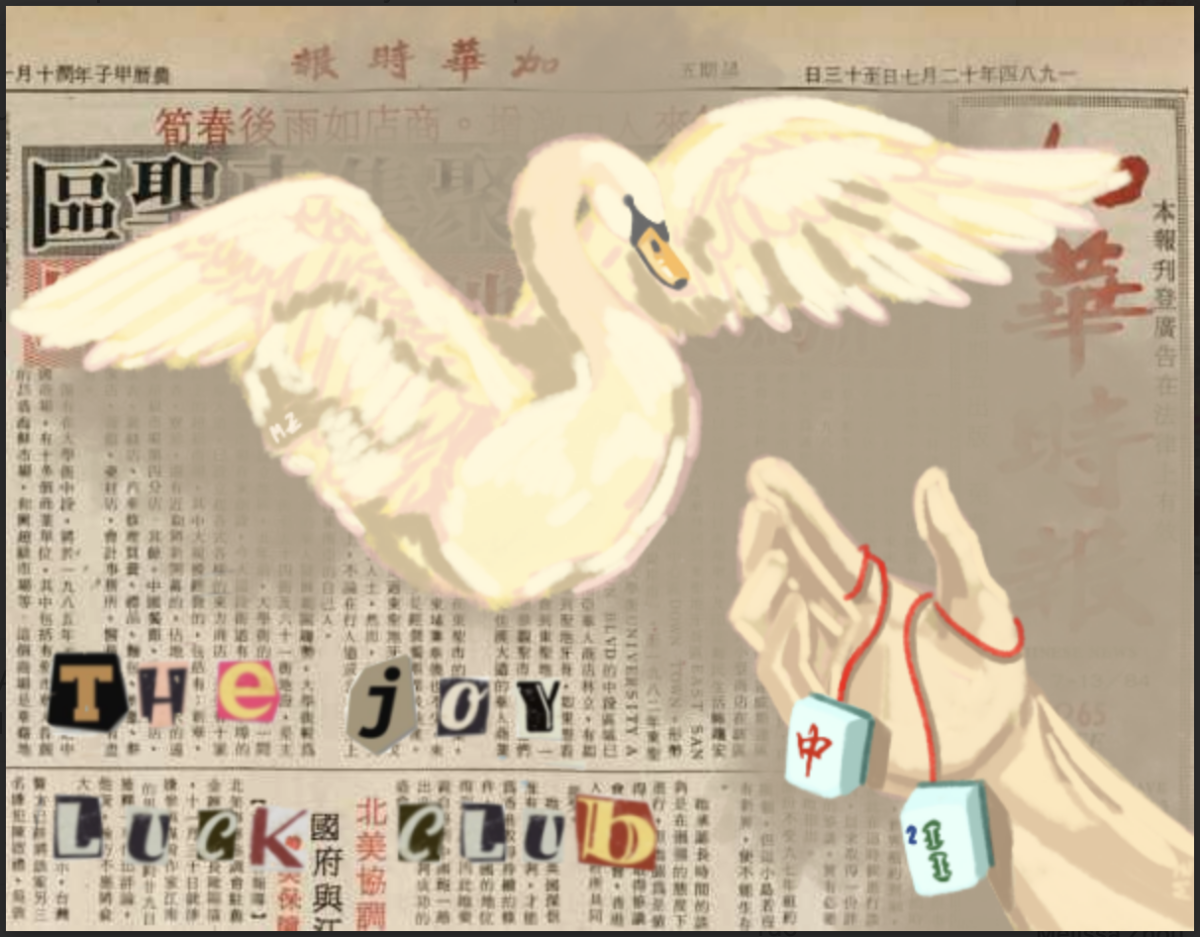








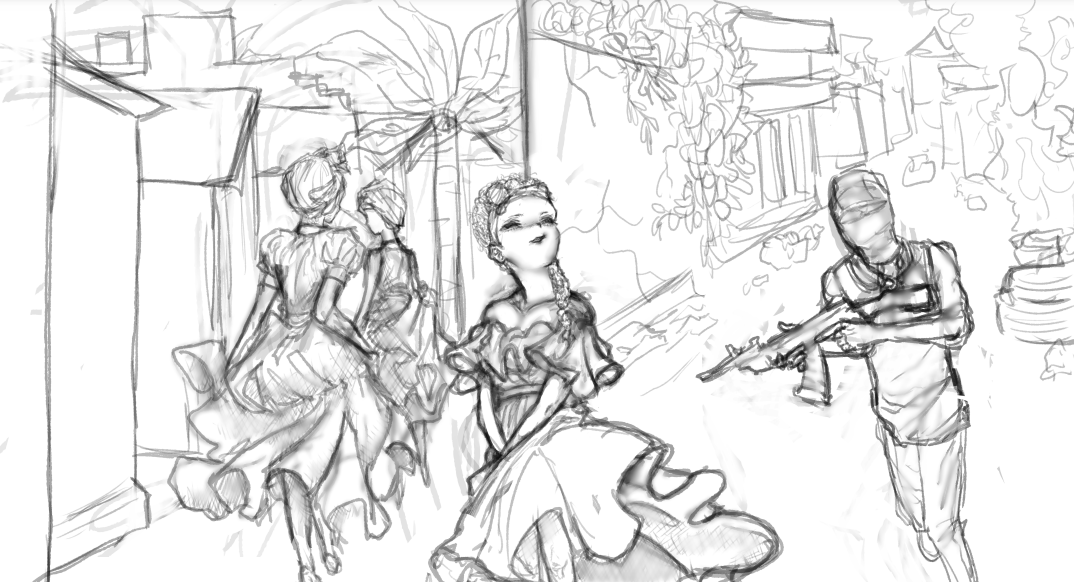


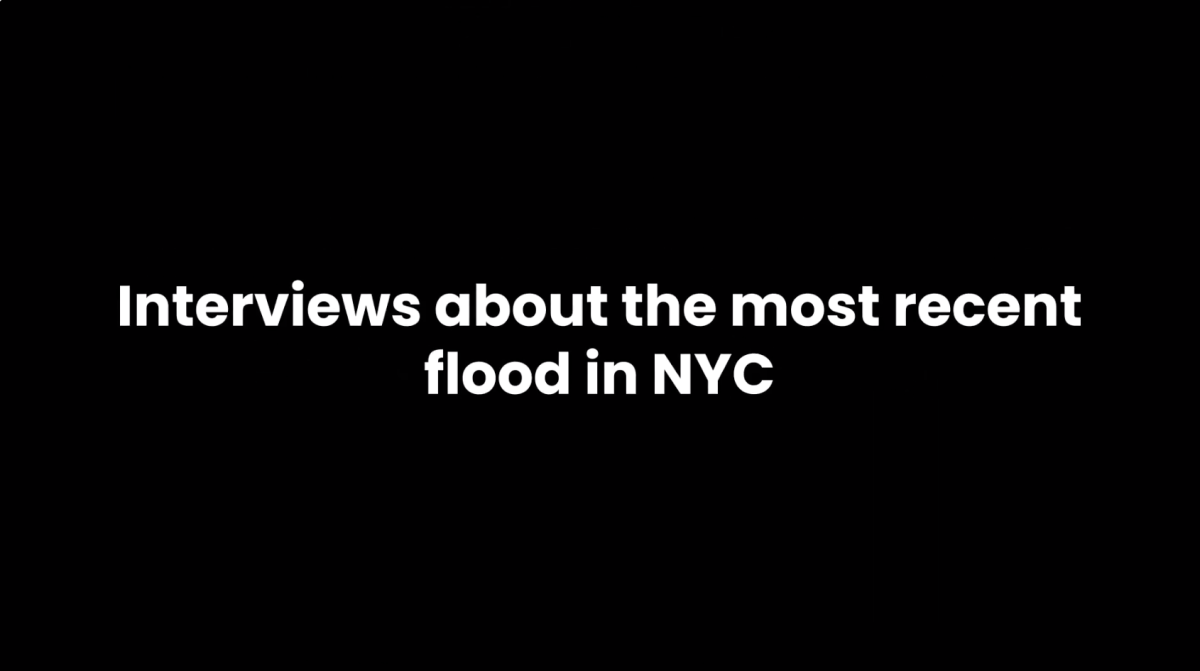
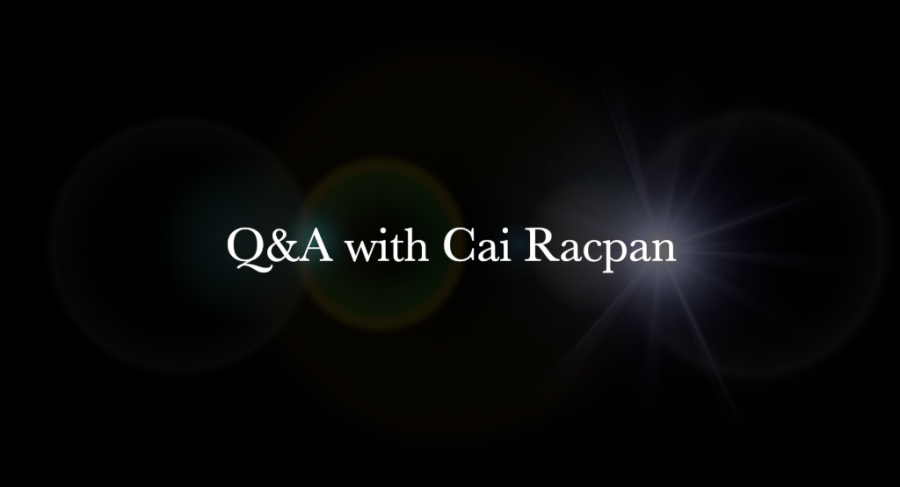
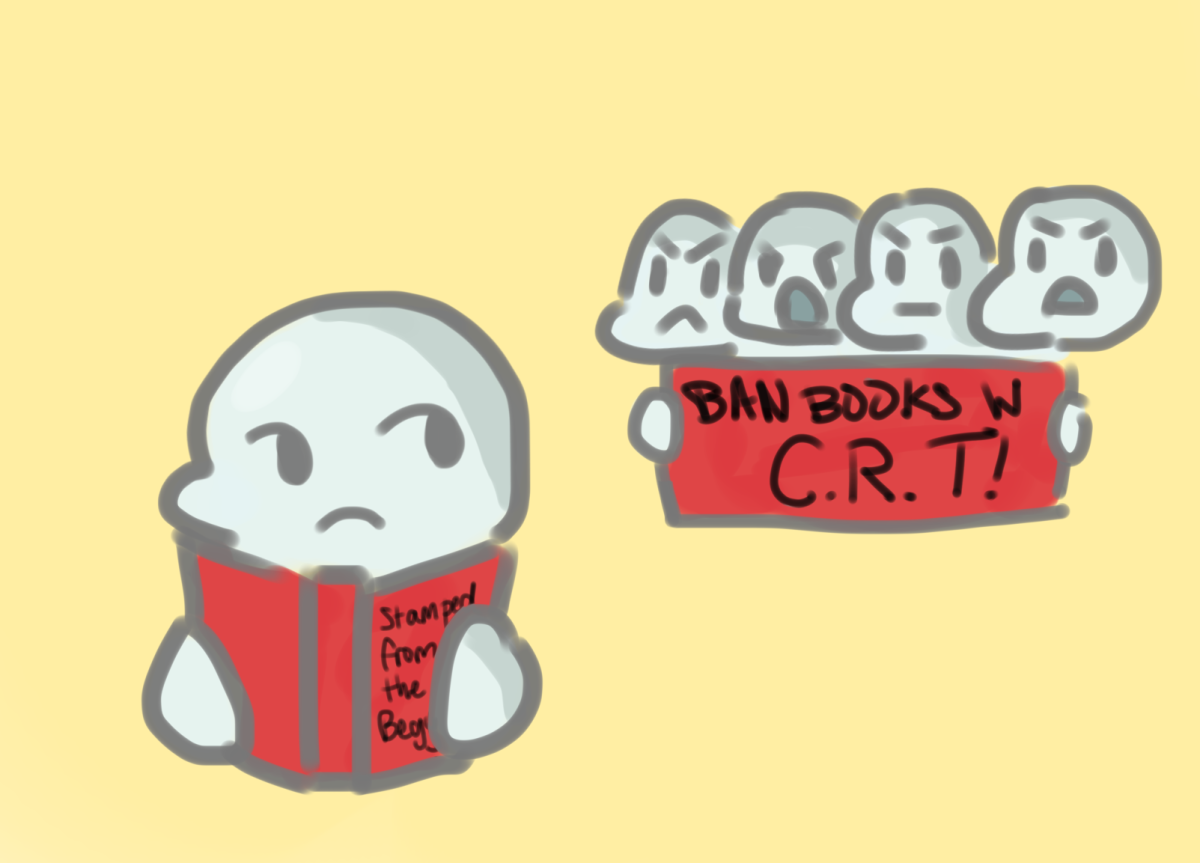

Jonathan Lowe • May 21, 2024 at 8:26 AM
I think the topic of banning books is a quite interesting one, but I myself do not support banning books